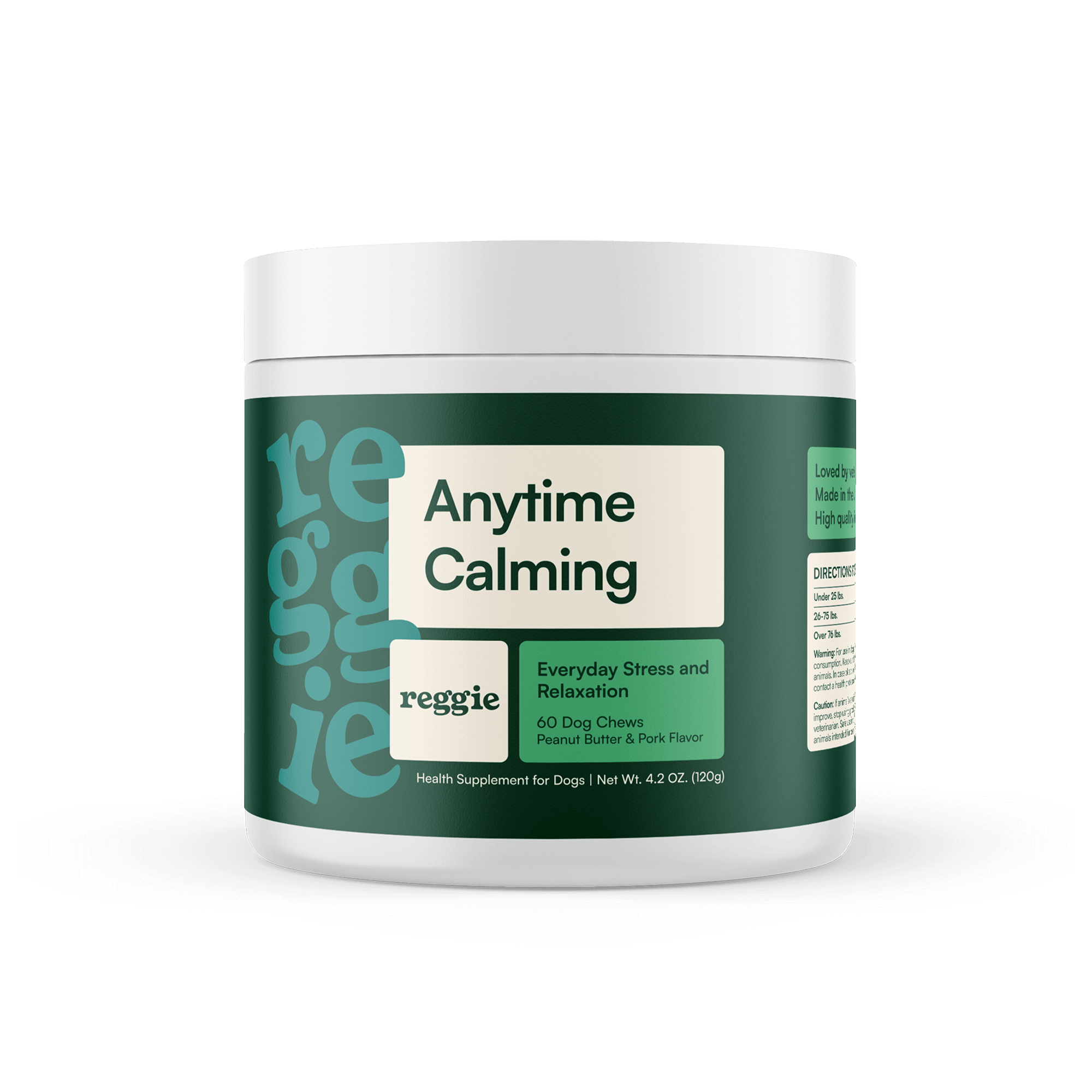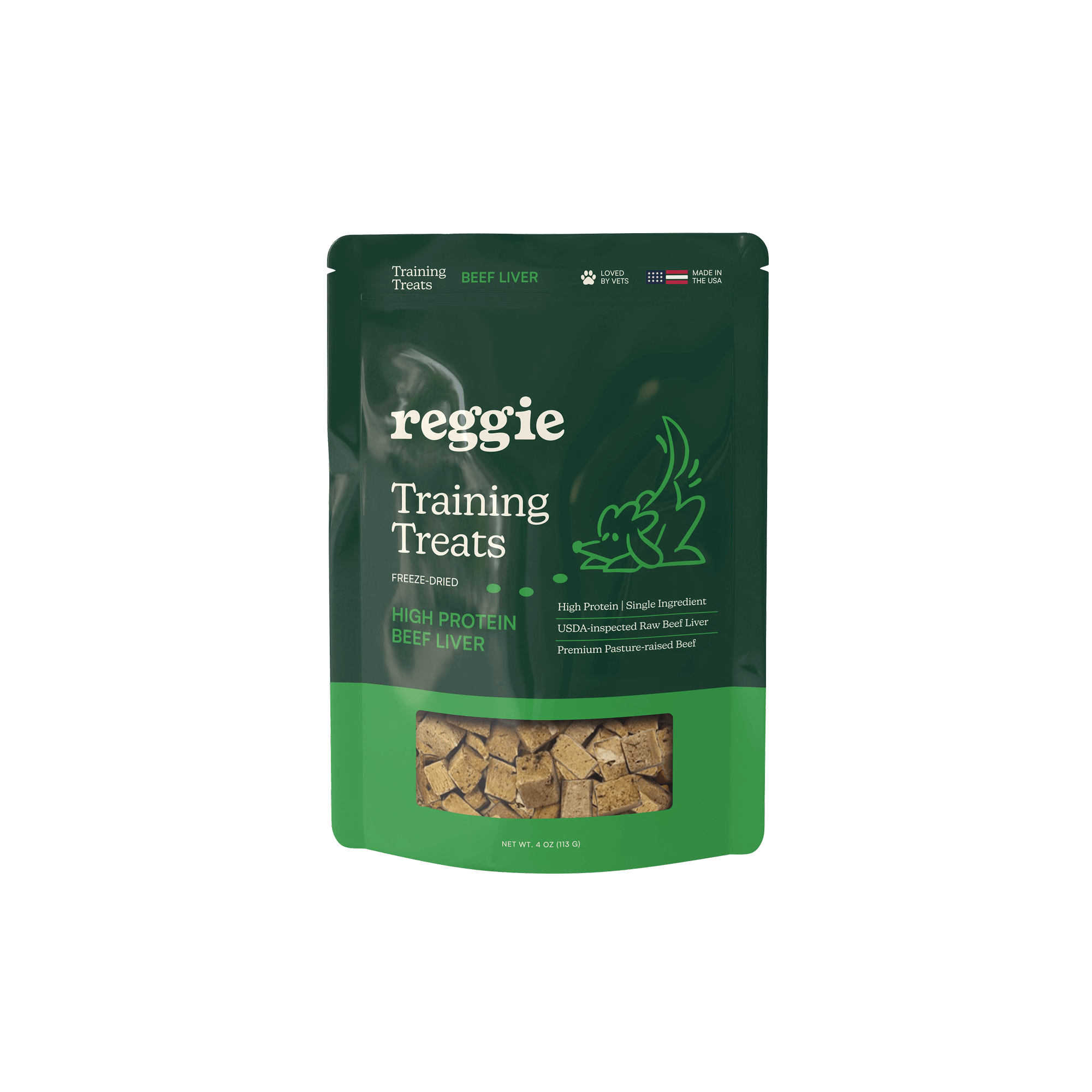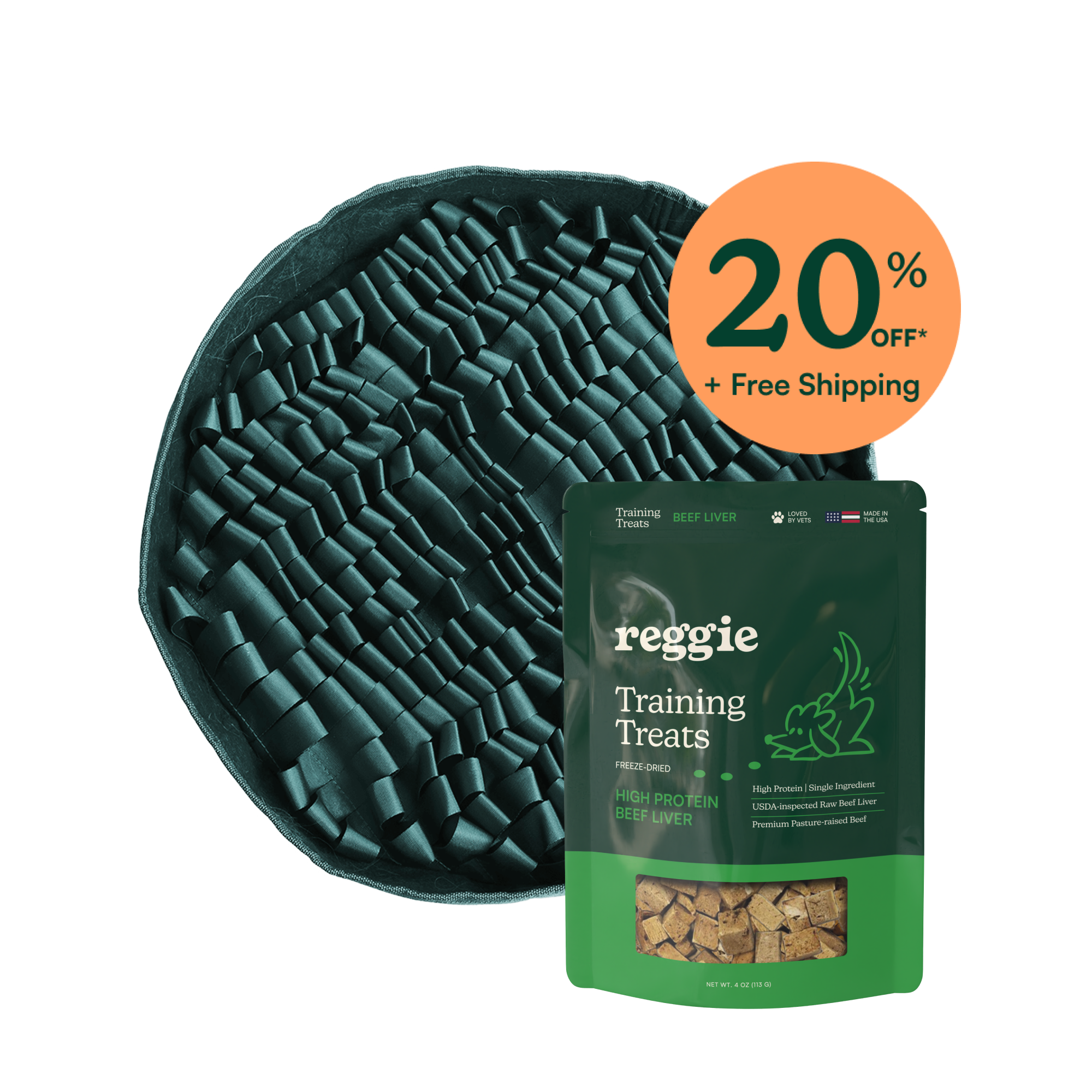Why Dogs Need Omega-3 and How Much to Give
Did you know that Omega-3 fatty acids are one of the most powerful and proven nutrients for your dog’s health? Whether you’re caring for a playful pup or a wise senior, Omega-3s deliver head-to-tail benefits — it’s truly a canine superfood! What Are Omega-3 Fatty Acids for Dogs? Omega-3 fatty acids are a group of essential fats, meaning dogs (and humans) cannot produce them internally, they must come from the diet. The two most important Omega-3s for dogs are: EPA (Eicosapentaenoic Acid) DHA (Docosahexaenoic Acid) These fats are primarily found in marine sources like fish oil, which is why fish-based Omega-3 supplements are the gold standard. Omega-3 Benefits for Dogs From shinier coats to smoother joints and brighter minds, Omega-3s are a daily way to show your dog some love, not just this month, but all year long. 1. Skin and Coat Health One of the most visible benefits of Omega-3 is a healthy, glossy coat. These fats help reduce inflammation in the skin, which can soothe itching, dryness, and irritation. Dogs suffering from allergies or seasonal skin flare-ups often benefit from increased Omega-3 intake. 2. Joint Support and Mobility EPA and DHA have natural anti-inflammatory properties. This can help ease joint stiffness and improve mobility, especially in older dogs or those with arthritis. Regular Omega-3 supplementation can support comfortable movement and an active lifestyle. 3. Brain Development and Cognitive Function DHA is a key building block for brain cells. For puppies, it supports proper brain development and learning. In senior dogs, Omega-3s may help maintain cognitive function and reduce the risk of age-related decline. 4. Heart and Circulatory Health Omega-3 fatty acids help regulate cholesterol and triglycerides, support healthy blood pressure, and promote overall cardiovascular function. A healthy heart contributes to better stamina and vitality. 5. Immune System Support Omega-3s modulate the immune system, helping to reduce chronic inflammation and support natural defenses, which is essential for long-term health and disease prevention. Best Sources of Omega-3 for Dogs As mentioned earlier, omega-3 fatty acids (especially EPA and DHA) are essential for your dog’s health but aren’t produced naturally in their bodies. Dogs typically get Omega-3s from animal-based foods like fatty fish and sometimes from egg yolks. Typical Omega-3 source for dogs: Fatty fish such as salmon, sardines, and anchovies (rich in EPA & DHA) Egg yolks (small amounts) High-quality fish oil supplements Krill oil or sustainable algae oil (alternative marine sources) While plant-based sources like flaxseed and chia provide ALA (a precursor to EPA & DHA), dogs don’t convert it efficiently — so animal-based sources are more effective. Reggie Evening Skin and Coat is a daily soft chew rich in Omega-3s from fish (150 mg per chew), plus Vitamin E and Sunflower Oil, formulated to support your dog’s skin, coat, immune health, and more. It helps soothe itchy skin, reduce irritation, and promote a shiny, healthy coat — ideal for dogs with dryness or seasonal allergies. This dog-friendly formulation is vet-approved and made with clean, human-grade, Non-GMO ingredients with no fillers. Want a treat with Omega-3 benefits? Reggie’s Freeze Dried Treats feature human-grade Silver Carp, sustainably fished in the USA, blended with pumpkin and flaxseed. These wholesome, low-calorie training treats are high in protein, omega-3s, fiber, and healthy fats. How Much Omega-3 Does Your Dog Need? The ideal dose depends on your dog’s size, diet, and health needs. Veterinary experts recommend looking at the combined EPA + DHA content per day rather than the total fish oil amount. Here are General Wellness Dosage Guidelines for EPA + DHA (mg/day): (adapted from the National Research Council’s Nutrient Requirements of Dogs and Cats, 2006) Small dogs (<10 kg / 22 lbs): 100–200 mg Medium dogs (10–25 kg / 22–55 lbs): 300–600 mg Large dogs (25–40 kg / 55–88 lbs): 600–1000 mg Giant dogs (>40 kg / 88 lbs): 1000+ mg These ranges are ideal for general wellness: skin, coat, heart, and brain health. For dogs with joint issues or inflammatory conditions, your vet may recommend a higher dose. Always consult your vet before increasing Omega-3 supplementation beyond general wellness doses.
Healthy Skin Starts Within: Why Omega-3 & Vitamin E Are Essential
When it comes to skin health, it's easy to focus only on what goes on the outside, like shampoos and grooming. But the real magic happens from within. By incorporating Omega-3s and Vitamin E into your dog’s daily regimen, you’re not just giving them a shinier coat, you’re helping them feel more comfortable, protected, and healthy from the inside out.










